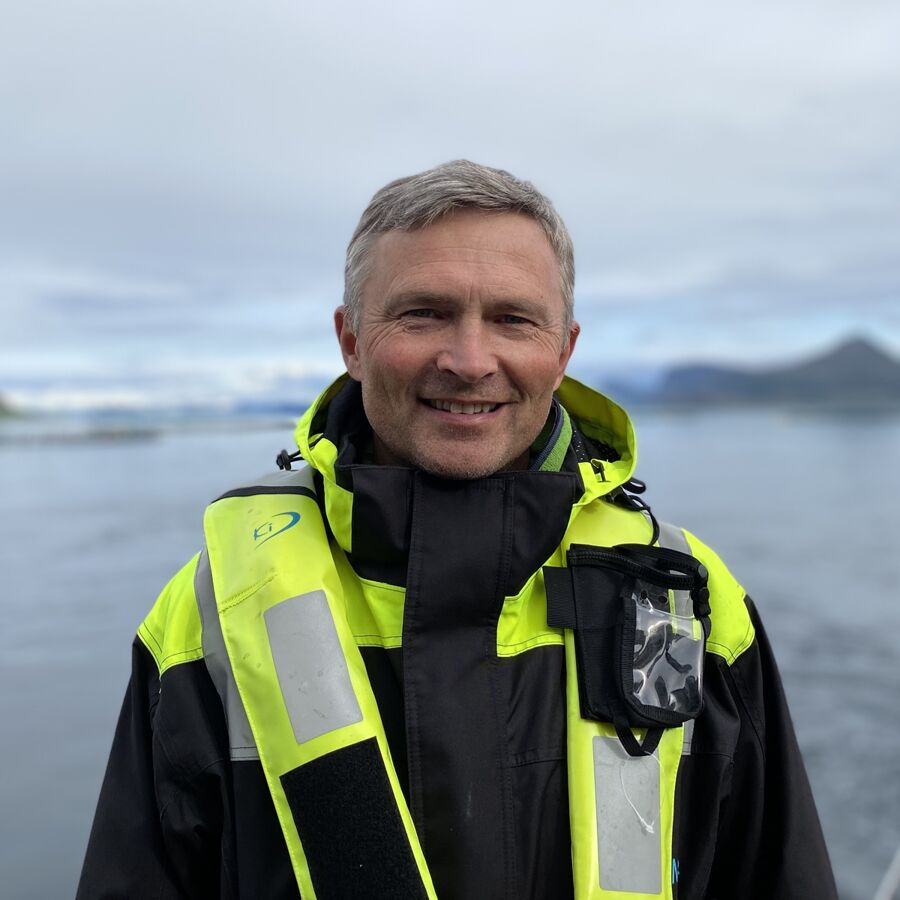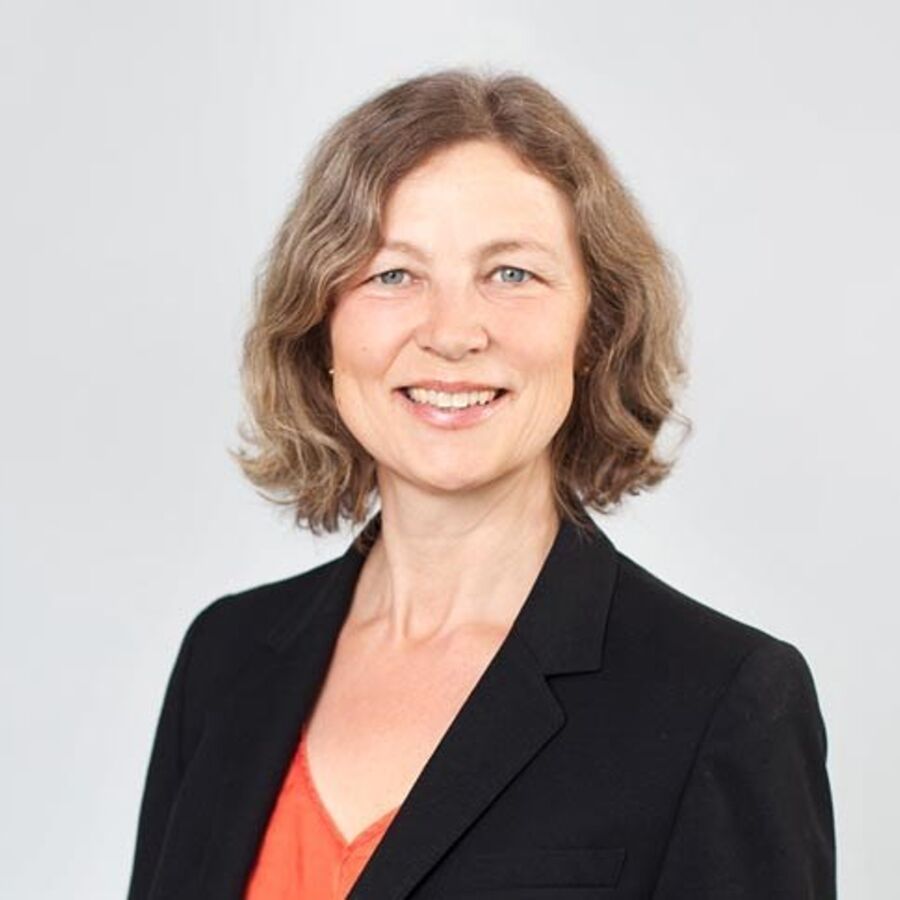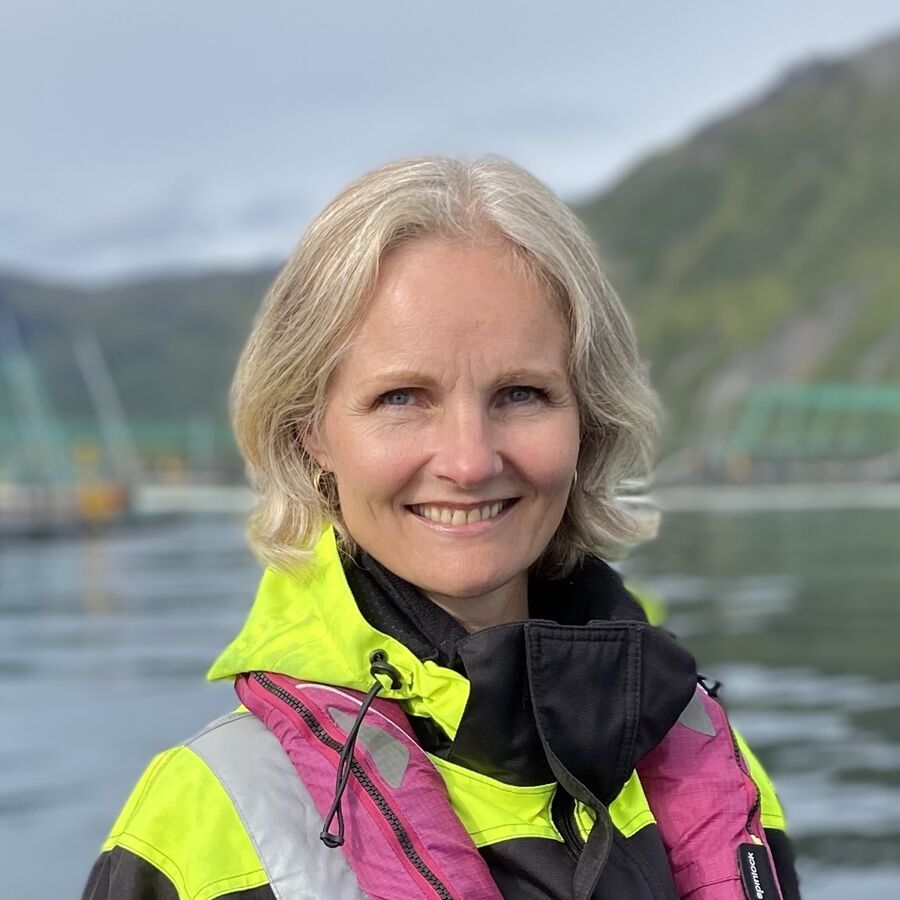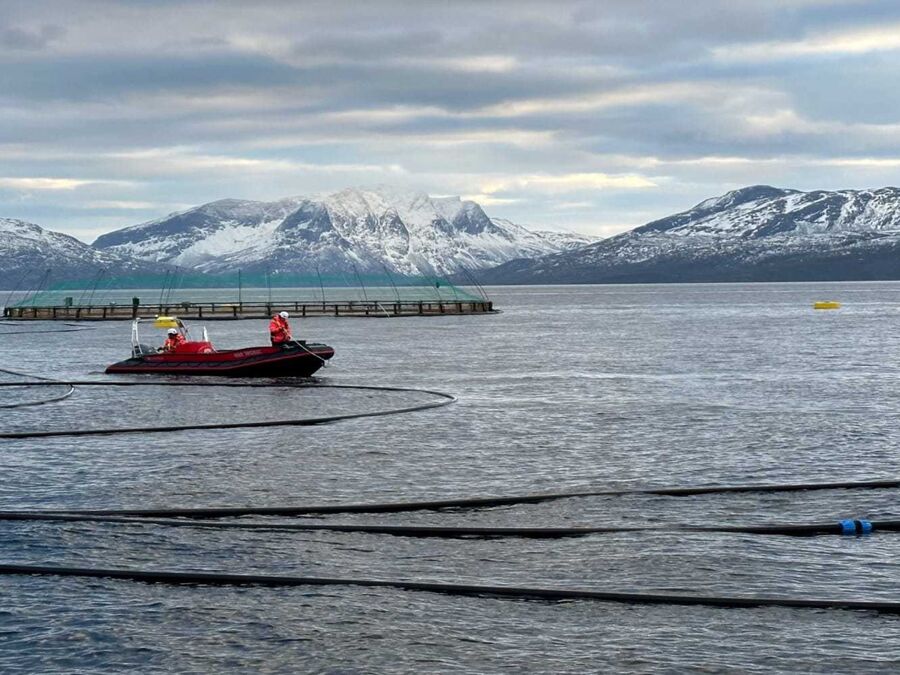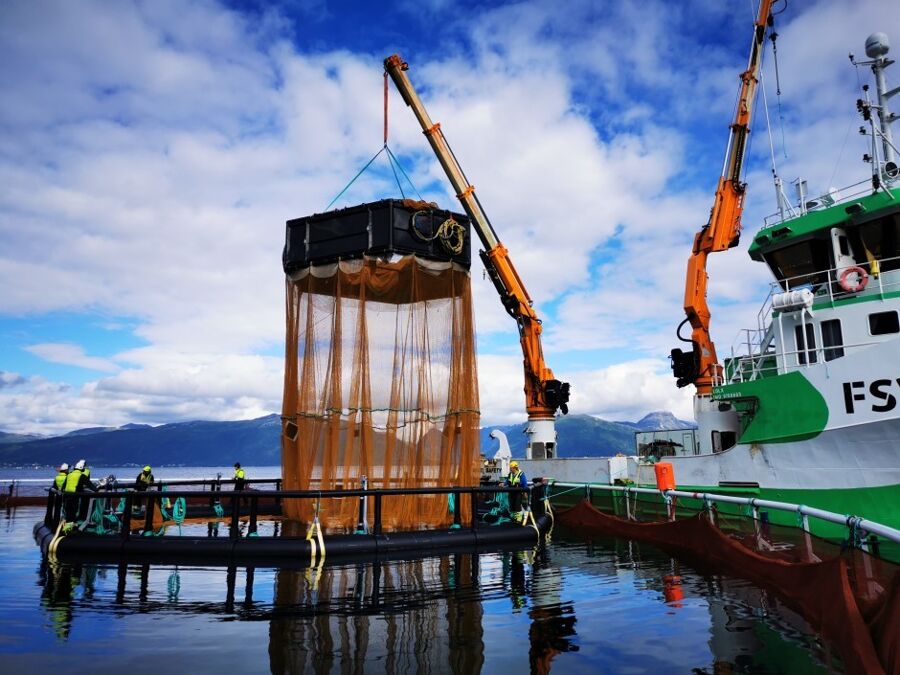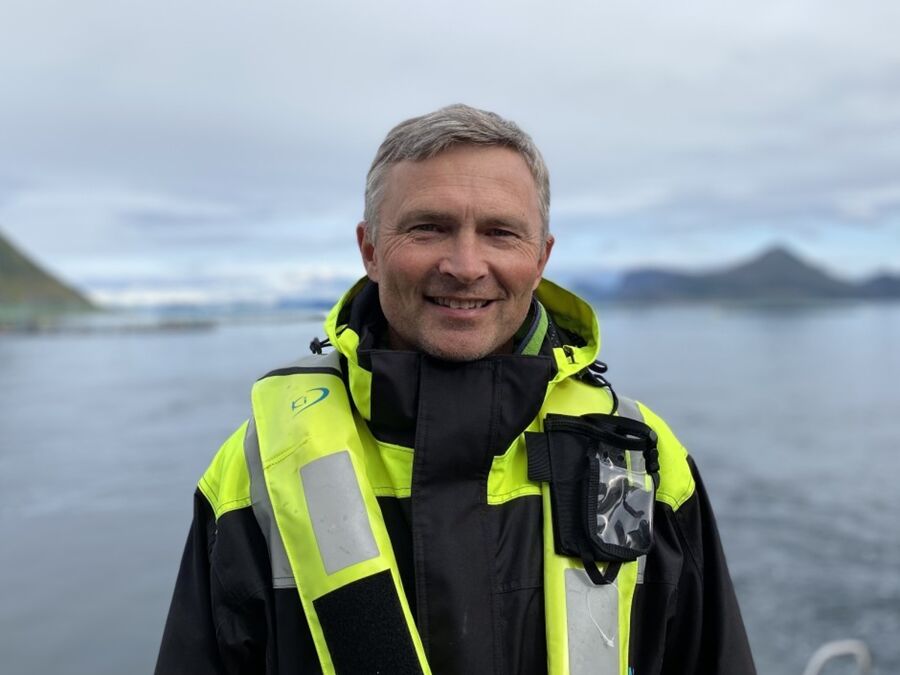News
29.03.2022
How does IPCC support salmon farming?
by Lars Galtung
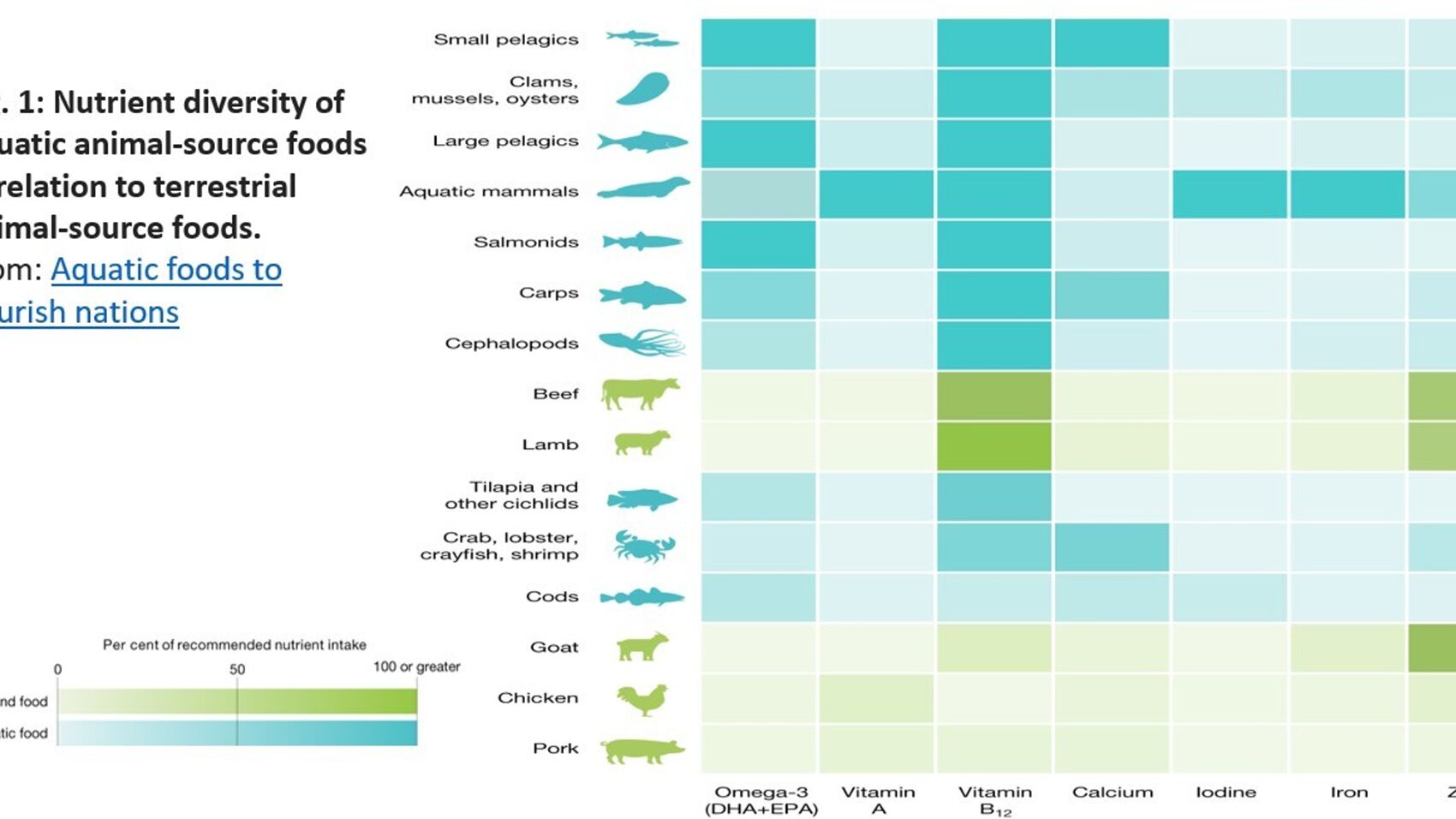
Director Communication and Sustainability
Our planet faces multiple and urgent problems, and the recent report from UN panel IPCC affects us all; as consumers, and local citizens, and it brings clear messages to our politicians.
Climate changes are already here
The climate changes impact us, and they impact the earth's ability to produce food in the future. We must reduce greenhouse gas emissions and protect more of the land and sea to prevent climate deterioration. What about food production?
The IPCC's report does not say much about salmon farming but says a lot about the climate changes we see and will see more of in the sea. The ocean is getting warmer, more acidic, lower salinity, lower in oxygen to name a few changes. There will also be changes in ocean currents and access to nutrients, more toxic algae, more "heat waves" in the ocean, and more storms and extreme weather. Life below water is affected, we see it e.g., on multiple fish stocks, coral reefs, shellfish larvae, demersal fish. Food production in the sea will be reduced.
Aquaculture is needed
The ocean needs protection, but at the same time it holds an enormous potential for increasing food production. Aquaculture has the possibility to be adapted to the changing conditions and already has a positive impact across the Sustainable Development Goals.
Aquaculture today is not perfect, but we are on a steady track with improved performance. Today aquaculture involves a wide range of species, farming methods, and environments. This is a good starting position to grow food production in the ocean.
Where we produce salmon, there is often little farming of other species. That should change. Seaweed farming can produce food, energy, store CO2, and prevents local acidification. Mussels are not only nutritious, but they also absorb large amounts of nitrogen and phosphorus from the sea. Sea urchins can do great damage to the kelp forest, but in farming they provide healthy food.
Salmon is great food
Transformation of the food system involves every consumer. What do you eat? How will youchange your consumption towards a low CO2 diet that is healthy and delicious? Farmed salmon is not going to feed the world, no single food will have that role. But farmed salmon is the “best option” for many consumers, reducing the consumption of red meat, increasing share of plant-based food, and ensuring a complete package of nutrients.
We are still not good enough
In Cermaq, we acknowledge that salmon farming operations must improve further. New technology and innovation will contribute to reduced mortalities during the production cycle, but also reduce our environmental and climate footprint. But we also know that salmon farming has a good position, the footprint is small, also compared to alternative foods. Cermaq has committed to reduce its CO2emissions by 35% by 2030 from this good starting point.
The world needs more food and aquaculture can both produce more food with less impact on environment and climate than the alternatives.
-----------------------------------------------------------------------------------------------------------------------------------------------------
IPCC - Intergovernmental Panel on Climate Change
The Intergovernmental Panel on Climate Change (IPCC) is the United Nations’ body for assessing the science related to climate change. IPCC was established in 1988 to provide policymakers with regular scientific assessments on the current state of knowledge about climate change. The IPCC has 195 member states.
Comprehensive scientific assessment reports are published every 6 to 7 years. The most recent is the Sixth Assessment Cycle which was released 25 February 2022 and is now subject to approval by the Panel.
Press contacts
